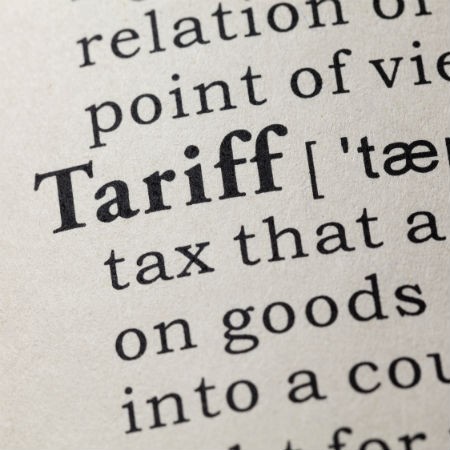In the spring of 1992, Genesis was barely into its second year of operations when a Connecticut-based PEO was found guilty of Workers’ Compensation fraud in Massachusetts. This produced a black eye for the industry, but it helped spirit the need for insurance reform in the Bay State.
Interestingly, in the aftermath of the guilty PEO’s collapse, a few of its former clients reached out to us. Even though the clients were caught up in a political maelstrom, they appreciated the PEO service model and believed partnering with a PEO would help them run more efficiently.
Back then, there were about 5,000 Massachusetts workers in a PEO relationship—today, an estimated 40,000+ work for businesses who partner with a PEO in the Bay State.
And that number is growing, which is why Genesis HR Solutions, along with other member companies of the National Association of Professional Employer Organizations (NAPEO) have come together to promote passage of Massachusetts House Bill 3159 and Senate Bill 1041: An Act relative to the recognition and registration of professional employer organizations operating in the Commonwealth of Massachusetts.
It’s not often that an industry steps forward and asks it legislators to help them self-regulate. However, given the complexity of the PEO model and co-employment, for many years we’ve felt regulation was necessary to protect small businesses who partner with PEOs and the many employees who work for them.
Establishing a clear and concise regulatory framework for the industry in Massachusetts is important.
In 1992, Massachusetts ranked near the bottom of states who had citizens working in a PEO relationship. Today, the Bay State ranks 8th in the nation.
Moreover, in the last quarter century, 40 states have established laws that address PEO governance. Massachusetts is not one of them. Now is the time for that to change.
In the two-year legislative session ending in 2016, the bill passed in the House but time ran out in the session before the Senate could act. As a new session began this year, industry representatives firmly believe now is the time for Massachusetts to join forces with the majority of states who recognize this important and growing segment of the business services economy. The federal government has also passed legislation; in December 2014, President Obama signed the Small Business Efficiency Act, which directed the IRS to establish a certification program for PEOs.
Yes, much has changed since 1992. Back then, in a bold legislative move, then-governor William Weld promoted a profound overhaul of the Workers Compensation system, and the results were remarkable. In the 25 years since, Massachusetts has improved from having among the highest Workers’ Compensation rates in the nation to the lowest.
And today, nearly all of Massachusetts workers in a PEO relationship are partnering with PEOs who have applied for IRS certification and have been accredited by the Employer Services Assurance Corporation (ESAC). That is great news for the small business community in Massachusetts—and passage of this bill would create even better news.



